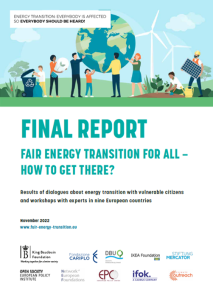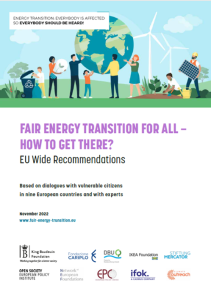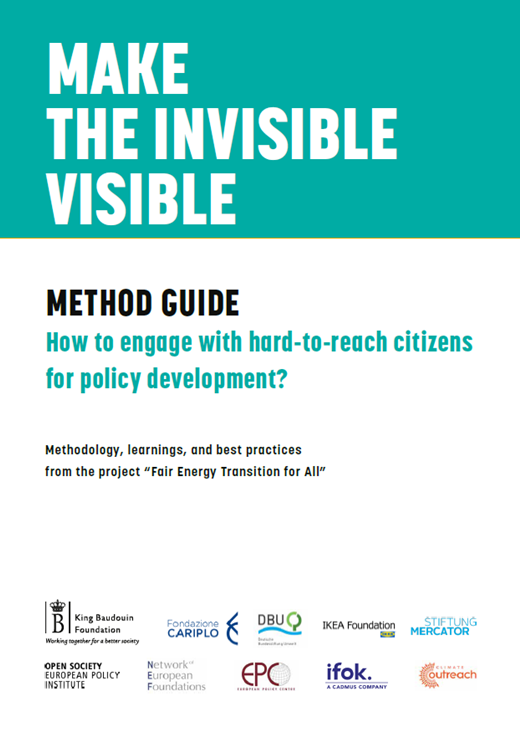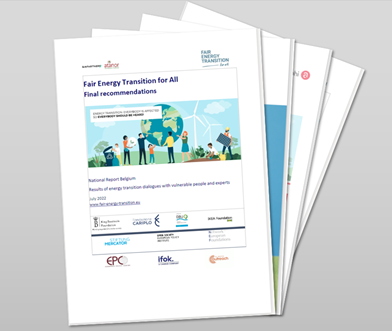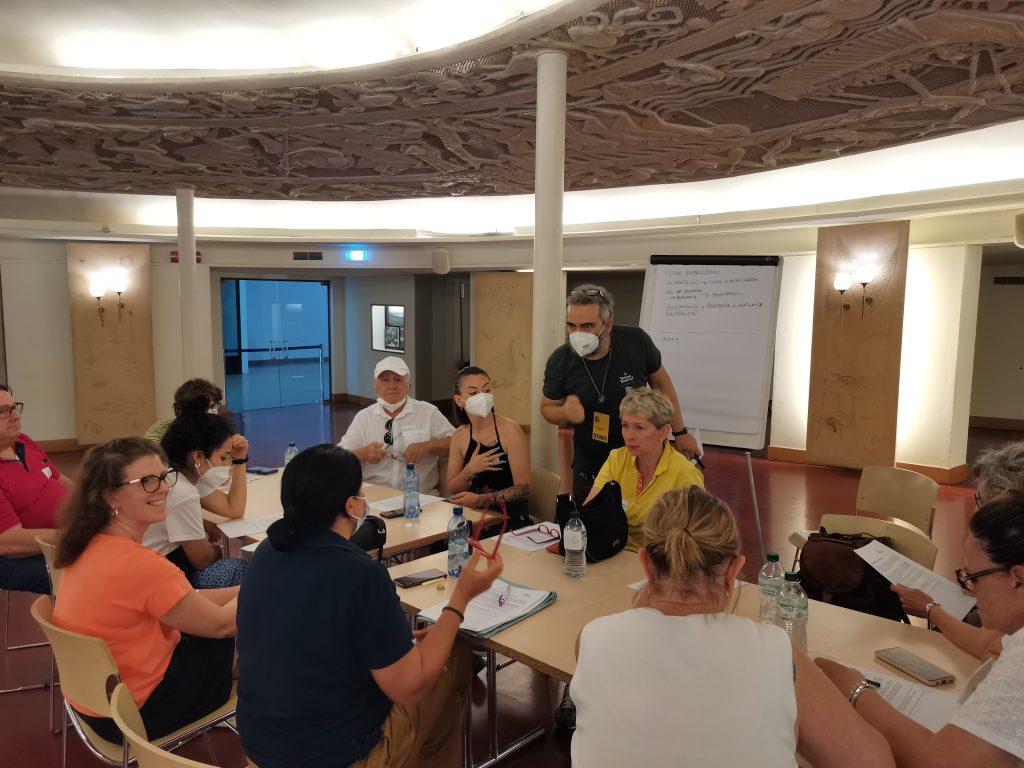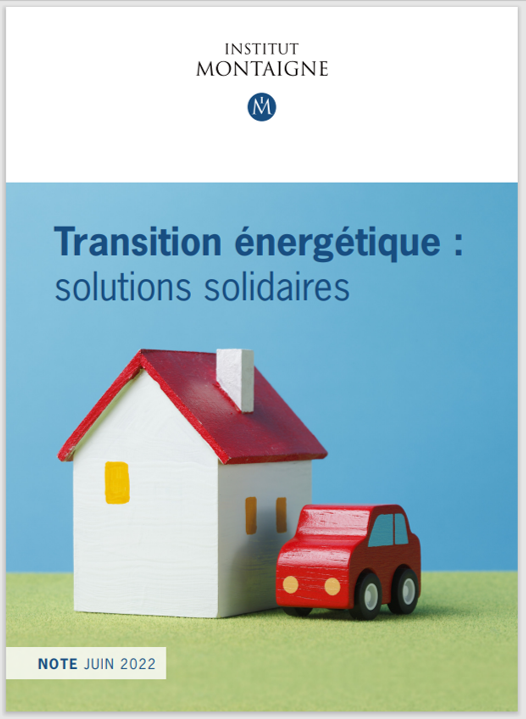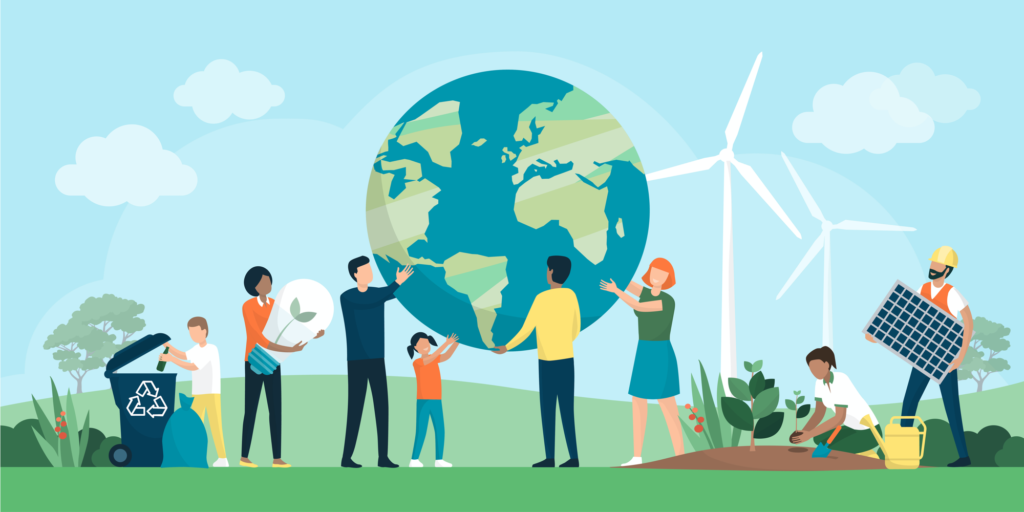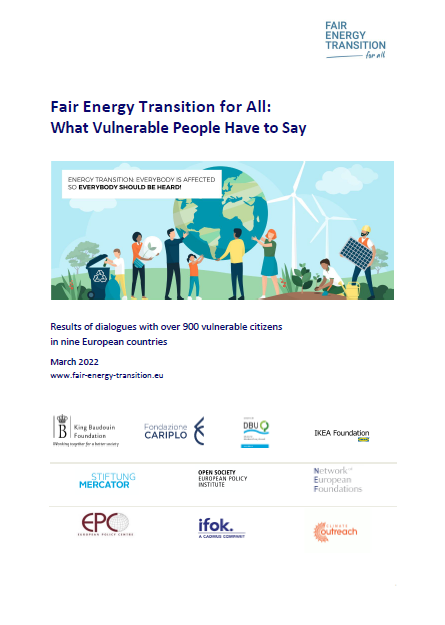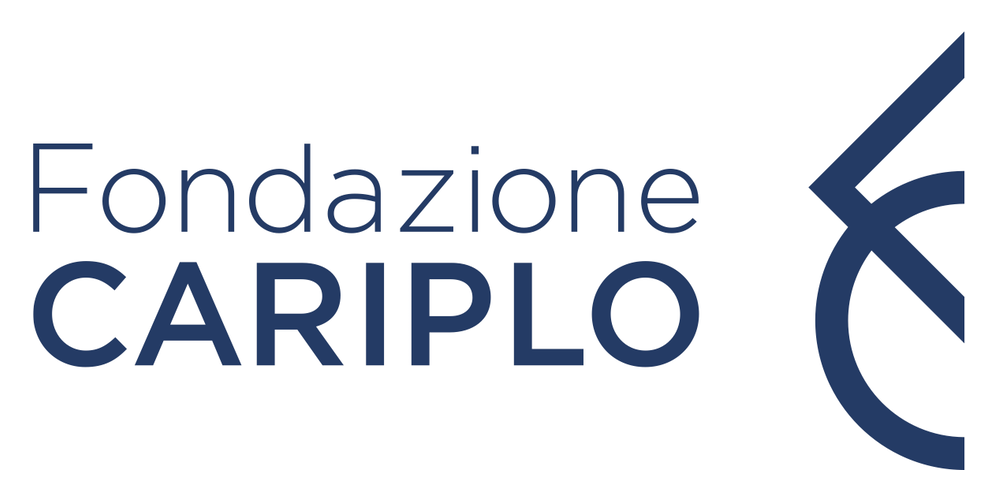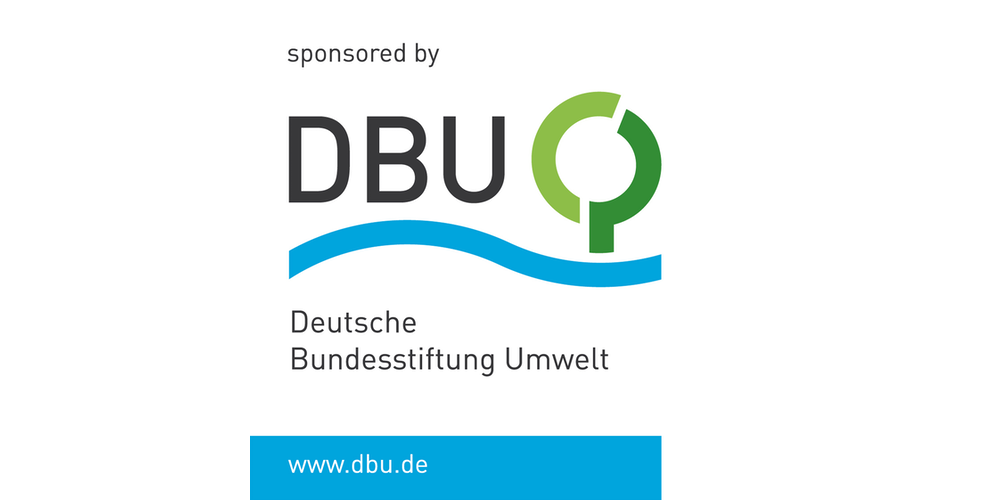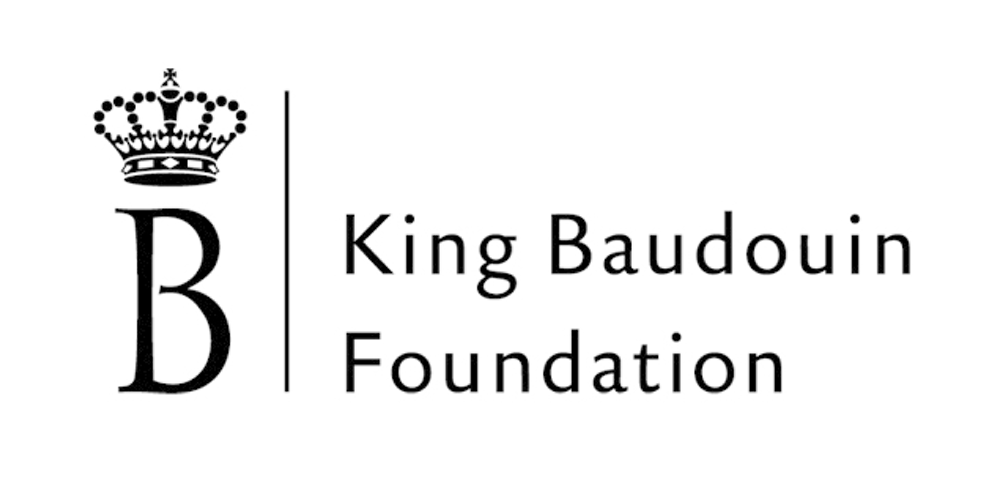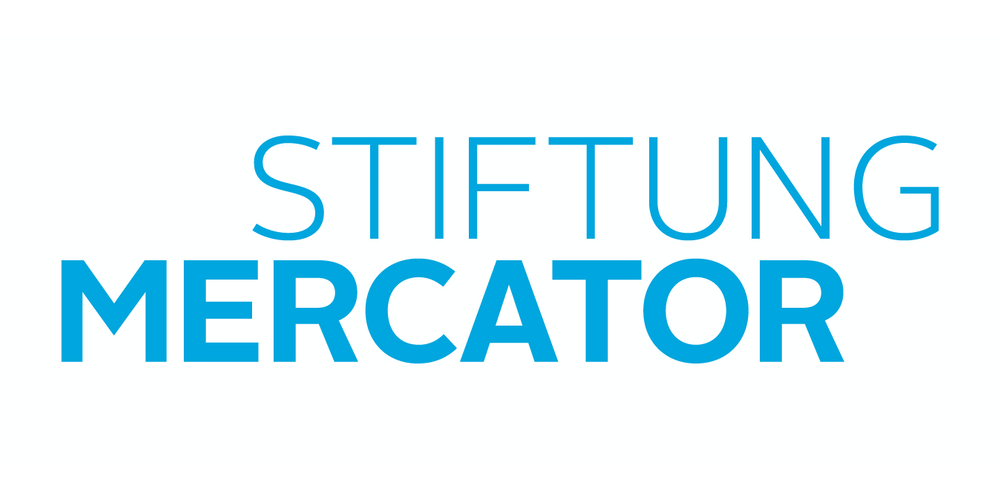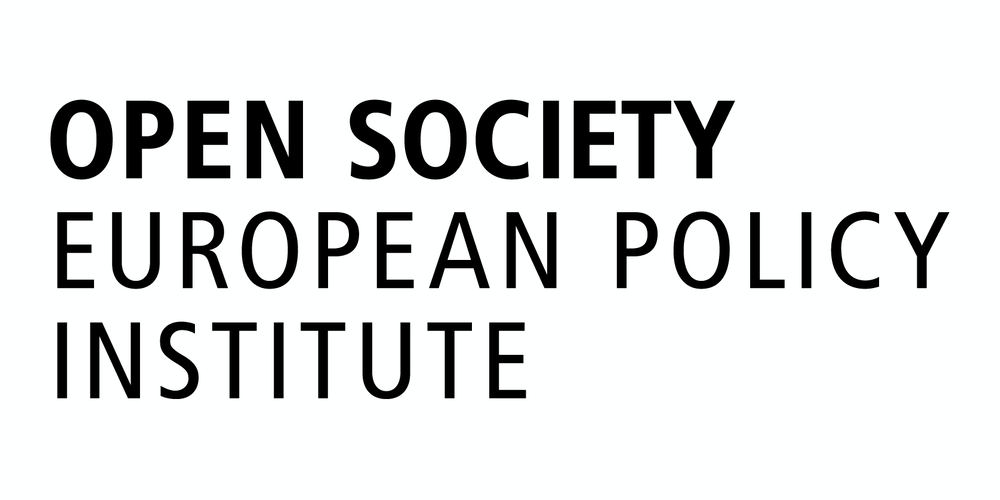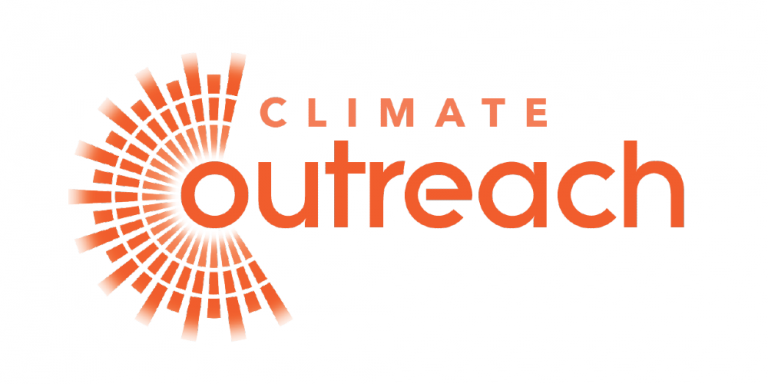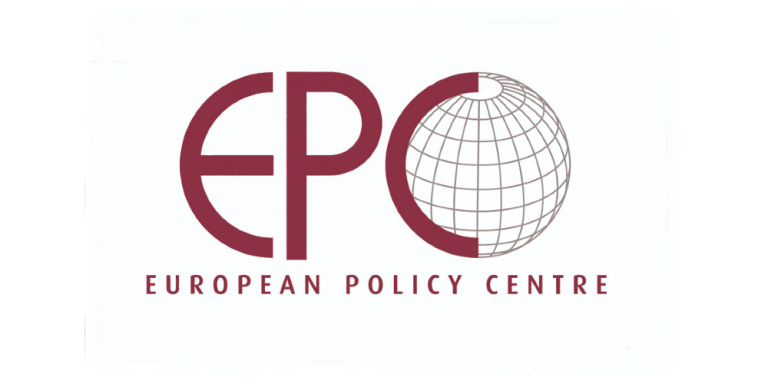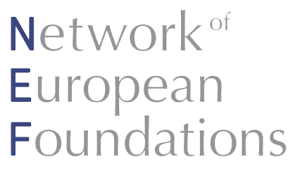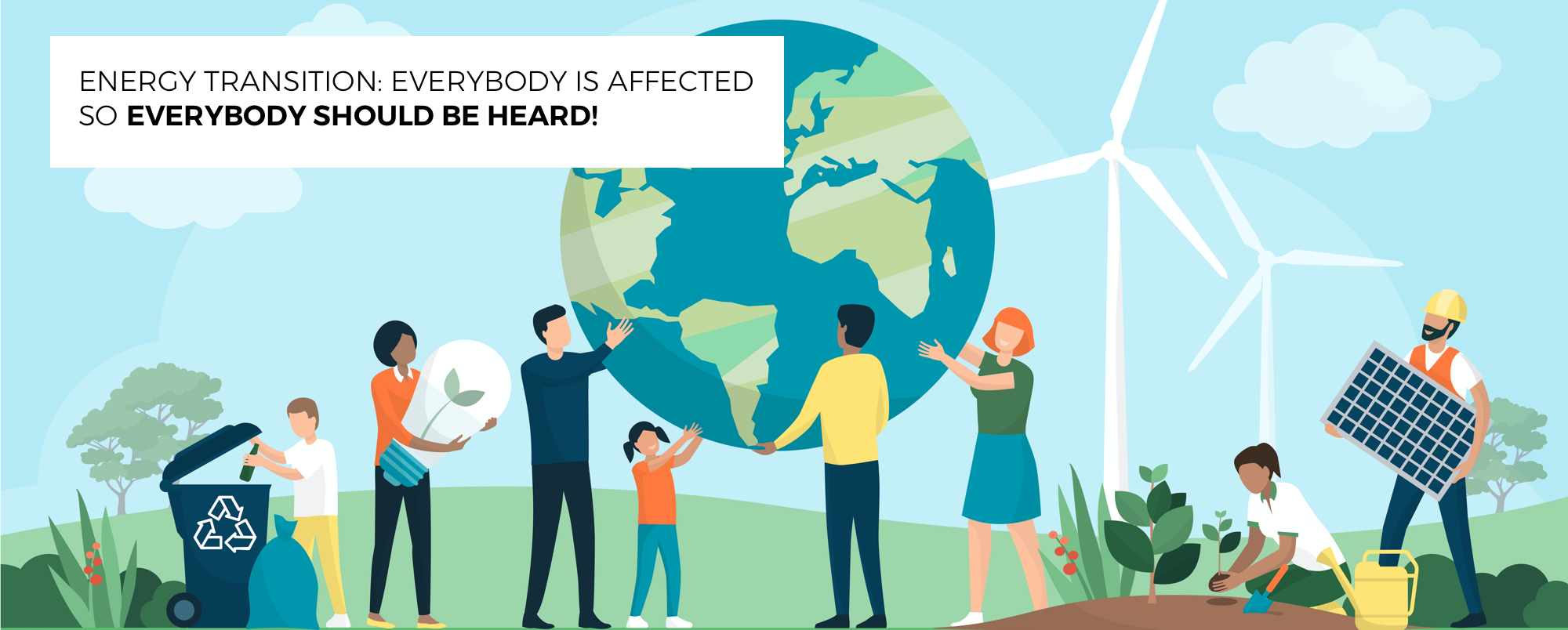
The project in a nutshell
You may well be aware of it. We Europeans are seeing a gradual move away from satisfying our energy needs from fossil fuels to an energy system based on environmentally-friendly renewable energies and high energy efficiency. In the political jargon, that is known as the ‘energy transition’.
But what does that mean for our use of and expenditure on household energy and public and private transport? Now that is a key question we will be looking at during the course of this project.
At the core of our project are people whose interests are often not properly represented in political debates. We want to make sure that they are also heard.
For that precise purpose, debates were held in nine European countries involving over 900 citizens and 150 experts from all over Europe. The end result is a series of national reports and a European report. They offer insights into what these vulnerable groups think about the energy transition and set out recommendations for the development of and communication about fair energy transition policies. National and EU legislators will be asked to take these recommendations into account in the policy-making and communication process. Our ultimate aim is encapsulated in the name of our project: A Fair Energy Transition for All.
The final report presents the key learnings from the FETA project on how to design a fair energy transition considering the needs of vulnerable people.
A fair Energy Transition for all – how to get there? These are our EU-wide policy-recommendations based on dialogues with vulnerable citizens and experts.
NEWS
How to Engage with Hard-to-Reach Citizens
The FETA Method Guide presents the methodology used as well as our learnings and best practices.
Vulnerable People’s Thoughts on Policy Recommendations
Impressions from the different Fair Energy Forums across Europe.
Mobility, Housing, Trust: Recommendations for EU Level Policy
EU level experts discuss recommendations for European policy.
Report: What do Vulnerable People Have to Say?
Report on the key findings of focus group research for the FETA project.
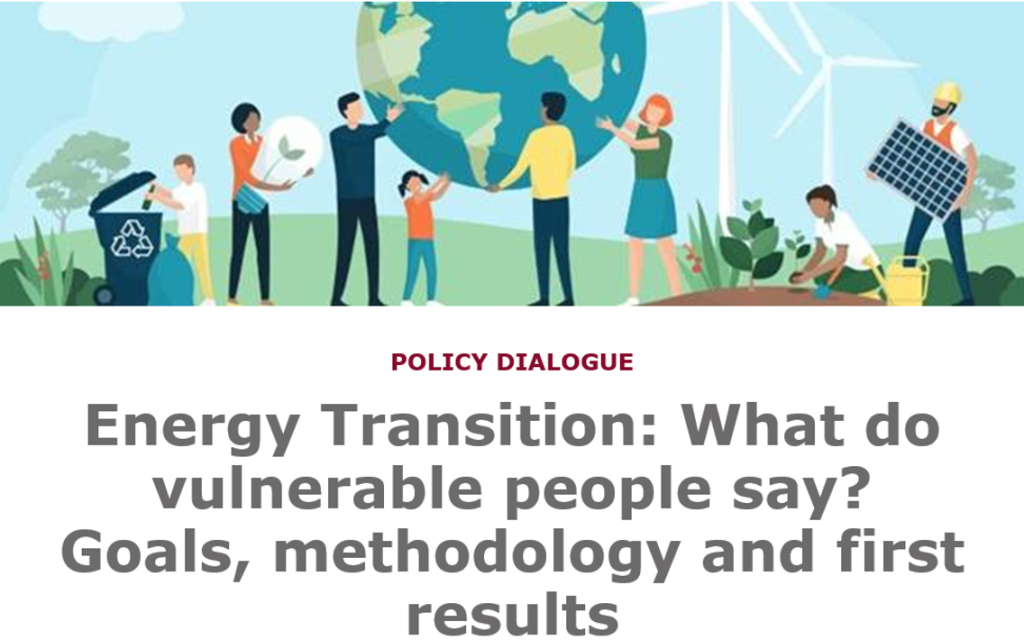
Webinar: Energy Transition. What do vulnerable people say?
On March 17, we presented and discussed key findings from the focus group in a webinar.
Read more about the national policy-recommendations:
Energy Transition: Everybody is Affected – so everybody should be heard!
The energy transition can help slow down global warming
Global warming has become clear for everyone to see in the last few years. The way in which we produce and use our energy accounts for more than 80% of total greenhouse gas emissions. European and national policy-makers urgently need to reduce these emissions by replacing fossil fuels with sustainable energy sources. This is known, in the political jargon, as ‘ensuring a carbon-free energy supply‘.
What does the term ‘energy transition’ mean? The energy transition that we are talking about refers to the move away from energy produced using fossil fuels towards a system based on renewable energy sources and high energy efficiency. See the FAQ for more information.
Not all citizens are equally involved in the debate about the energy transition
For the energy transition to take place, policy measures need to be put in place that will have an impact on housing, energy, transport and other aspects of our everyday lives. However, the impacts of climate policies, such as rising fuel taxes or the closure of coal mines, affect socially and economically disadvantaged groups the most. This leads to economic and social conflicts: many people feel alienated by climate change policies, which they perceive as elitist issues, and they feel that the elites are out of touch with their lives and are not aware of their interests.
Give everyone the opportunity to be part of the debate
For climate action to be successful, widespread public acceptance is needed. European and national policy-makers need to develop climate change policies that everyone can relate to and benefit from! Policy-makers should listen to those whose voices are being left out of the current debate and include them in the policy and communication process. That is the only way in which a fair energy transition can be achieved – for all!
We listen to what vulnerable people have to say about the energy transition
How can we get there? The aim of the project is to build on the concerns and experiences of vulnerable people to develop concrete solutions and policy recommendations. The first step is to start listening! The dialogue, which took place in 2021, invited economically and socially disadvantaged people in nine EU countries to share ideas and thoughts about the effects of the energy transition on their lives.
We want to know
- How can the EU and its member states prevent climate policies from hitting the pockets of poorer households the hardest?
- How can policies be designed so that everyone has an equal opportunity to enjoy the benefits of the energy transition?
- How can the energy transition be combined with social justice?
Fair Energy Transition for All has two main goals
- We want to gain a better understanding of the emotions, fears, views and needs of vulnerable people with regards to the energy transition and its current and potential impact on their living conditions.
- We want to provide input to national and European policy-makers, researchers and stakeholders to help them develop fair energy transition policies and enhance the communication with the target group.
Based on the quantitative and qualitative data gathered during the focus groups, we have developed six exemplary “personas” representing different kinds of participants. In a condensed way, these personas will give you an overview of attitudes, needs, challenges, fears and hopes of participants involved in all countries. Each of these characters represents a significant portion of the target groups.
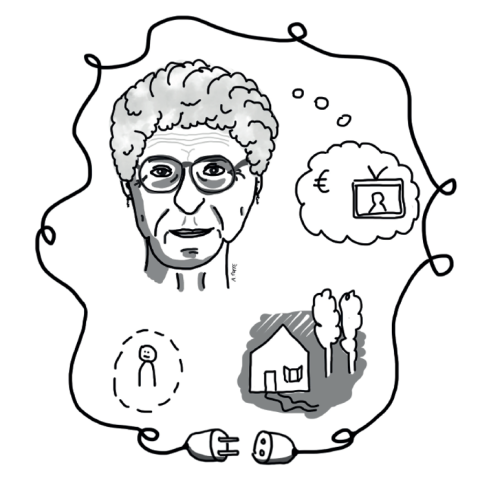
Arlette
A SIMPLE LIFE
“We should get back to the simple life we lived before. You can live simply and be happy. Learn from the past without nostalgia.”
Aida
THE TRUSTER
“We live in social housing, which means, we can’t afford to just go out and invest in a new freezer and fridge, even though we might save money down the line and even though it might reduce our CO2 emissions. So, if you want to make some sort of government policy, where people could swap their old electrical appliances for new, more energy-efficient ones, that could take us a long, long way. But, then again, we have the problem that nobody wants to pay for it. So…”
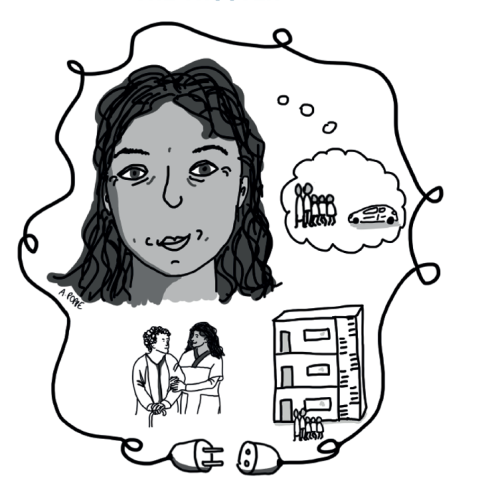
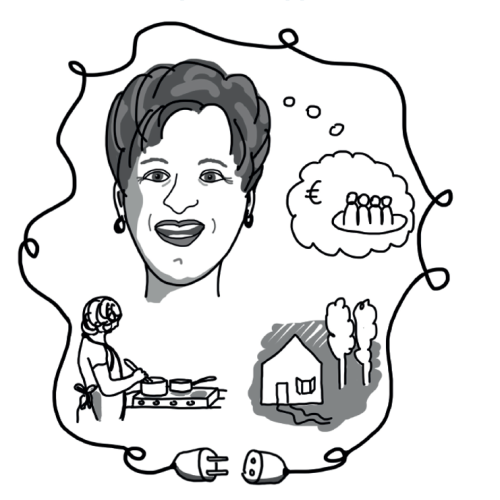
Nora
THE PEOPLE PERSON
“If even just one person is left behind, there is no justice.”
Zofia
THE THREATENED
“Industry, technology, more cars… More electricity is being used and there didn’t use to be as much industry as there is now. We buy more stuff, so there is more rubbish. Always new, always different. It’s a disease of humanity.”
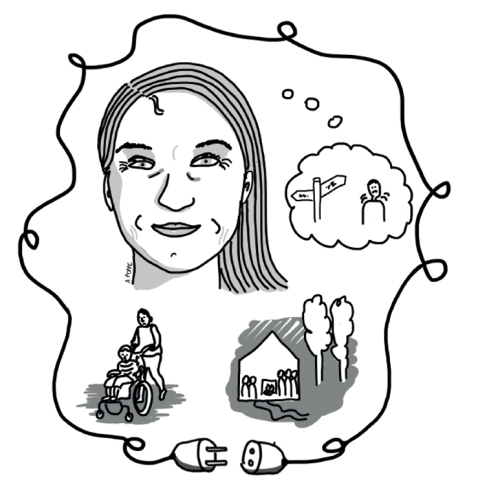
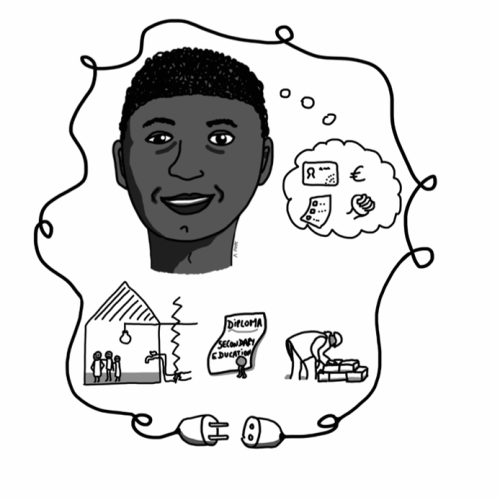
Osman
THE POWERLESS
“We are very much on the outside: it’s very hard to rent a home or find work. They give us crumbs, but not enough to live an independent life.”
Ayoub
THE NEXT GENERATION
“Saving energy is a good thing, but I don’t want to limit my kids by cooking less or telling them to take a cold shower.”
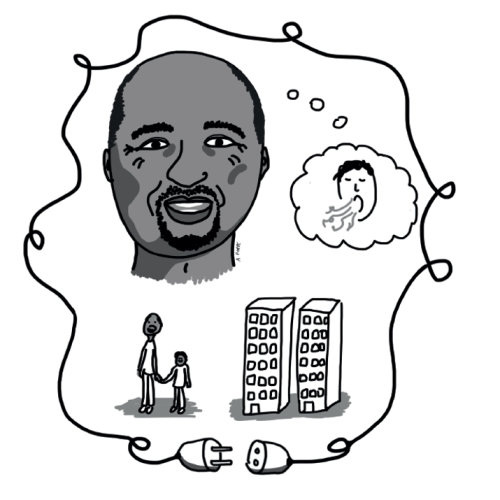
Testimonies
Four citizen dialogue participants share their thoughts on a fair energy transition.
The Project is set up by a Consortium of European Foundations
The King Baudouin Foundation is coordinating a consortium of European foundations to pave the way for a fair energy transition in Europe. The Network of European Foundations (NEF) is managing the administrative aspects of the project.
All across Europe:
|
|
|
|
|
|
|
|
|
|
|
|
|
|
The European track in this project is led by the following partners

John Doe
"
participant / Workshop
John Doe
I believe that every lorem ipsum dolor sit amet, consetetur sadipscing elitr, sed diam nonumy eirmod tempor invidunt ut labore et dolore magna aliquyam erat, sed diam voluptua. At vero eos et accusam et justo duo dolores et ea rebum. Stet clita kasd gubergren, no sea takimata sanctus est Lorem ipsum dolor sit amet.
The path towards a more inclusive energy transition
The Fair Energy Transition for All project is based on listening to vulnerable groups, gathering their views and presenting them to experts and policy-makers. Click on the boxes for more information!
NATIONAL LEVEL
EU-LEVEL



Dialogue ![]()
Advocacy ![]()


2021
Dialogue
National Level
Dialogue Phase I
Focus Groups gather views of vulnerable people
- Focus groups structure discussions about specific issues with people, in this case the energy transition.
- The focus groups will be made up of people from economically vulnerable or socially disadvantaged groups with a diversity of profiles.
- These could be people living on basic social welfare, elderly people, less educated households, people with a migrant background or people especially affected by structural changes due to climate policies (e.g. in the coal mining sector).
- These marginalised groups will contribute their experiences, concerns and ideas in the focus group discussions.
- In all, 90 focus groups will be run in nine different EU countries to
- understand the challenges faced by ordinary people in their everyday lives and to understand what they need from the energy transition.
- paint a picture of the problems and to propose possible solutions in each specific country.
- For a methodology note on focus group design and selection process in this project, see here.
National Level
National Expert Meetings and EU Task Force: Develop policy recommendations with experts
- In each country, the focus group results will be discussed in workshops with national experts.
- Participants will include policy-makers, government officials, academics, members of think tanks, the business community, civil society and consumer organisations.
- The aim of the national expert meetings is to develop workable policy recommendations based on the results of the national discussions with vulnerable people.
- The input from the focus groups and the national expert groups’ policy recommendations will be discussed by the EU Task Force at the EU level. This group is the European counterpart to the National Expert Meetings and will work on EU-level policy recommendations.
National Level
Dialogue Phase II
Review and finalise policy recommendations in citizens’ assemblies
- The policy recommendations that were previously produced by national and EU experts will be reviewed and finalised by a national citizens’ assembly in each country.
- The assemblies will be held with representatives of the original focus groups, together with experts supporting the citizens.
2022
Advocacy
National Level
National Reports and Outreach Events: Publish a national report for submission to policy-makers
- The results of the dialogue with citizens and experts will be published in a national report from each country.
- Each national report will reflect the policy recommendations that emerged from both the focus groups and the Task Force meetings and explain how they were developed.
- To find their way into national policies, the policy recommendations will be presented to policy-makers and the interested public in national outreach events.
- These events will also start joint discussions on how to best implement the recommended policies at the national level.
EU-Level
Final Report and Public Event: Draft and submit a final report to EU policy-makers
- The overall results of the Fair Energy Transition for All project will be drafted into a final European report.
- Similarly to national events, a final public event will be organised at EU level. It will be the opportunity for the final report to be handed over to EU policy-makers and will launch joint discussions on how to best implement its recommendations in the EU context.
In general, energy transition can be understood as a switch from an economic system dependent on one or a series of energy sources and technologies to another.
This project is about the transition away from a system of energy production based on fossil fuels towards a system based on renewable energy sources and high energy efficiency.
The project will look into the implications of this transition for the use of and expenditure on household energy and public and private transport.
When it comes to environmental policies, all the interested parties need to work together. If they do not, there can be no lasting solution.
A major problem is that some climate action policies have a particularly negative effect on socially and economically disadvantaged groups. Their voices are often missing or not heard in debates about climate change and the energy transition. This leads to these groups suffering the negative effects of the energy transition more than others, which is unfair and leads to social unrest.
Moreover, this also makes it harder to reach a broad consensus within society on the type of climate action to be taken. A broad consensus in society is a prerequisite for an effective and sustainable energy transition.
For the purposes of this project, the term ‘vulnerable people’ refers to those groups who are socially or economically disadvantaged and whose interests are often not sufficiently represented in political debates.
This includes unemployed people, low income earners, single parents, young people or elderly citizens as well as workers threatened with the loss of their jobs due to increasing regulations on energy-intensive industries.
These groups tend to suffer the negative effects of environmental policies far more than others and are excluded from most of the benefits.
A consortium of six European Foundations is behind the Fair Energy Transition for All project.
The King Baudouin Foundation is coordinating the project. The partners are the Open Society European Policy Institute/OSF, the Mercator Stiftung, IKEA Foundation, the Deutsche Bundesstiftung Umwelt and the Fondazione Cariplo.
The European track in this project is led by ifok, the European Policy Center (EPC) and Climate Outreach while the national tracks are being carried out by partner organisations in each of the countries.
The Network of European Foundations (NEF) is managing the administrative aspects of the project.
The final results will be published in national reports and summarised in a final European report.
These reports will deliver insights about the views of vulnerable people on the subject of the energy transition and will present recommendations for the development of fair energy transition policies.
The results will be presented to policy-makers and stakeholders at the European and national levels.
EU and national legislators will be asked to take the resulting recommendations into account in the policy-making process.
The results obtained during the first citizens’ consultation phase will be fed into national expert meetings and European Task Force meetings. These include policymakers, administrations, members of the civil society, think tanks and academia.
The experts will draw concrete and workable policy recommendations from the citizens’ input.
Afterwards, these results will be fed back into a second citizens’ involvement phase. Here the citizens take control. They will be in charge of finalising the recommendations and therefore making sure their voices are heard.
The Fair Energy Transition for All project aims to bring people who are generally not well represented into the debate.
Throughout the project, we will engage with a variety of local organisations and tailor our work to the specific requirements and social structures in each country in order to manage this difficult task and reach a broad range of participants.
We really want to make sure that we are reaching those whose voices were not already being heard, so we are looking for individuals with low or no income who were not already affiliated with any organisations.
Overall, the focus groups are intended to reflect the urban, rural and peripheral regions of each country.
People may be adversely affected by energy transition policies in several different ways, so we are taking a variety of risk factors into account in the recruitment process. These include age, housing conditions, gender, work, health/disability and ethnicity.
The focus groups invite participants to reflect on their own lives, circumstances, values, the problems facing their hometown or region and their understanding of the concept of fairness.
Following this discussion, participants discuss common narratives about the energy transition and are invited to consider how their lives might be affected by the shift.
Finally, they are invited to suggest solutions to the various problems that may arise.

